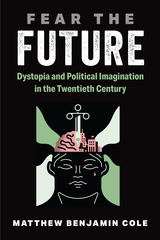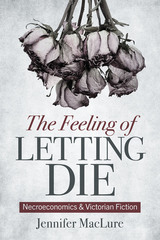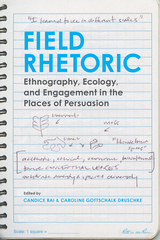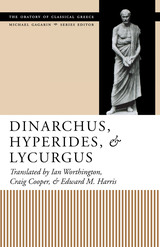
This is the fifth volume in the Oratory of Classical Greece. This series presents all of the surviving speeches from the late fifth and fourth centuries B.C. in new translations prepared by classical scholars who are at the forefront of the discipline. These translations are especially designed for the needs and interests of today's undergraduates, Greekless scholars in other disciplines, and the general public.
Classical oratory is an invaluable resource for the study of ancient Greek life and culture. The speeches offer evidence on Greek moral views, social and economic conditions, political and social ideology, law and legal procedure, and other aspects of Athenian culture that have been largely ignored: women and family life, slavery, and religion, to name just a few.
This volume combines the surviving speeches of three orators who stand at the end of the classical period. Dinarchus was not an Athenian, but he was called on to write speeches in connection with a corruption scandal (the Harpalus affair) that put an end to the career of Demosthenes. His speeches thus raise many of the vital issues surrounding the Macedonian conquest of Athens and the final years of Athenian democracy. Hyperides was an important public figure who was involved in many of the events described by Dinarchus and Lycurgus. His speeches open a window into many interesting facets of Athenian life. Lycurgus was one of the leading politicians in Athens during the reign of Alexander the Great and put Athenian public finances on a more secure footing. He was also a deeply religious man, who tried to revive Athenian patriotism after the crushing defeat at Chaeronea.
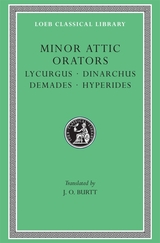
Four rhetoricians confronting Macedonian dominance.
This volume collects the speeches of four orators involved in the ill-fated resistance of Athens to the power of Philip and Alexander the Great of Macedon.
Lycurgus of Athens (ca. 396–325 BC) concentrated on domestic affairs, especially financial, which he managed for twelve years, and naval matters. He also constructed and repaired important public buildings. Athens refused to surrender him to Alexander and honored him until his death.
Dinarchus of Corinth (ca. 361–291) as resident alien in Athens became a forensic speaker and also assailed Demosthenes and others. He was accused by Alexander’s runaway treasurer Harpalus of corruption. Dinarchus favored oligarchic government under Macedonian control. He prospered under the regency of Demetrius of Phalerum (317–307), but was exiled after the restoration of democracy, returning circa 292.
Demades of Athens (ca. 380–318) was an able seaman, then unscrupulous politician. He favored Philip, but fought for Athens at Chaeronea (338). Captured there and released by Philip, he helped to make peace, and later influenced Alexander and then Antipater in Athens’ favor. But acceptance of bribes and his tortuous policy ruined him, and he was executed by Antipater.
Hyperides of Athens (ca. 390–322) was a forensic and political speaker who was hostile to Philip and led Athens’ patriots after 325. For resistance to Antipater he ultimately met death by violence. What survives today of his speeches was discovered in the nineteenth century.
READERS
Browse our collection.
PUBLISHERS
See BiblioVault's publisher services.
STUDENT SERVICES
Files for college accessibility offices.
UChicago Accessibility Resources
home | accessibility | search | about | contact us
BiblioVault ® 2001 - 2025
The University of Chicago Press



